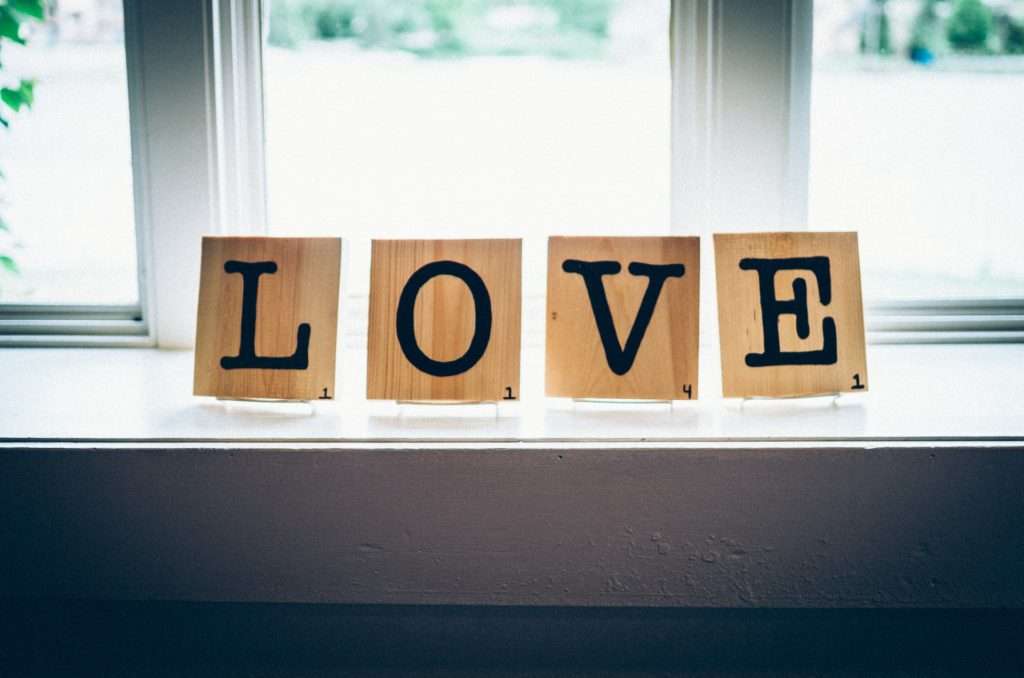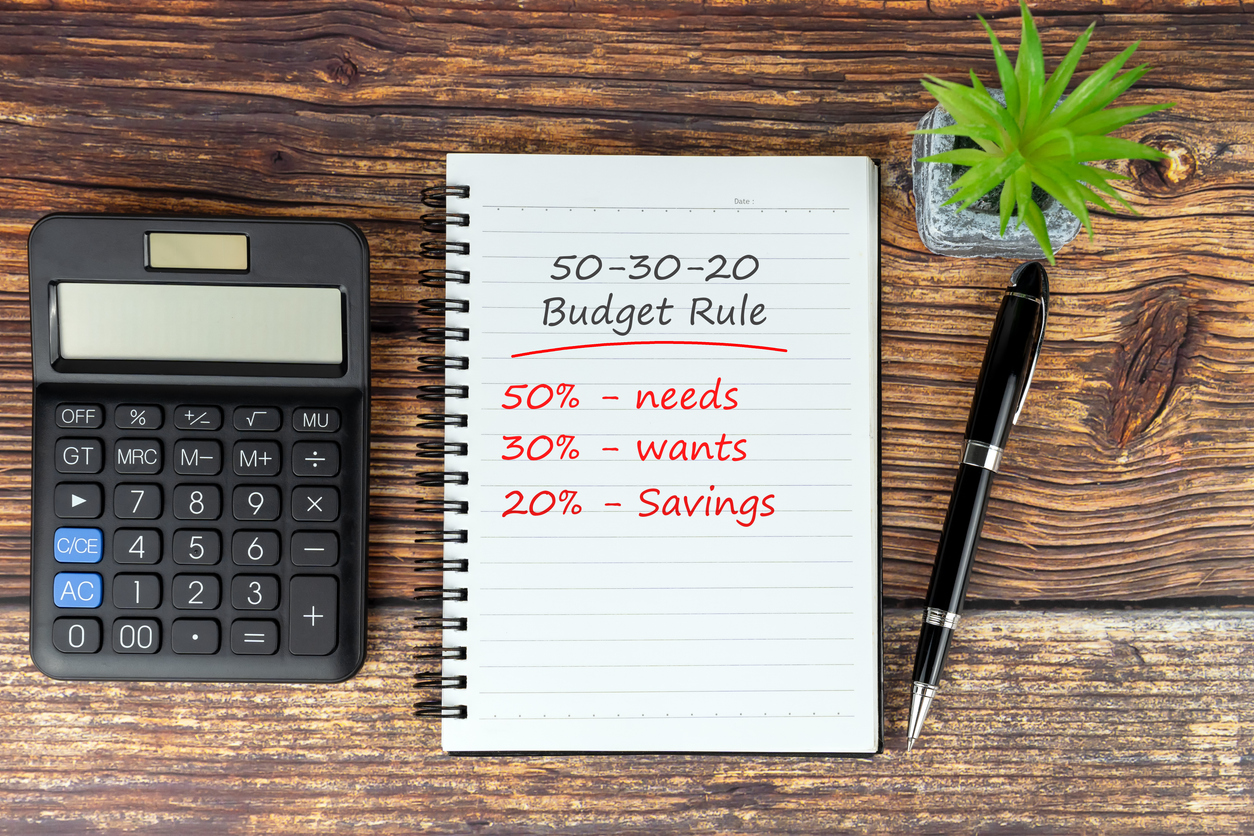In the before times, when people convened in person for panel discussions and conferences, I was invited to London to participate in “How the Light Gets In,” a festival of philosophy and music. One of the events was a debate about love, life, and being free. The panelists were given the debate questions in advance, so I, an obsessive when it comes to preparing talks or classes or just about anything else, wrote out my responses. That means I can share them with you.
The first question we were asked to address, in no more than three minutes, was: “Do we need lifelong love to achieve happiness? Or would we be happier embracing independence?” The moderator made it clear that ‘love’ meant romantic love.
Is Happiness Possible For Singles Without Searching For Lifelong Romantic Love?
Single Life | 25th April 2021 by Bella DePaulo
Attending a London ideas festival as a panellist and guest speaker back in 2018, Bella was asked two questions that struck a chord and she writes about her responses here. “Do we need lifelong love to achieve happiness?” and “Is searching for love what makes us human?” A must-read for anyone who wonders if single life can bring happiness without romantic love in their lives.

In the before times, when people convened in person for panel discussions and conferences, I was invited to London to participate in “How the Light Gets In,” a festival of philosophy and music. One of the events was a debate about love, life, and being free. The panelists were given the debate questions in advance, so I, an obsessive when it comes to preparing talks or classes or just about anything else, wrote out my responses. That means I can share them with you.
The first question we were asked to address, in no more than three minutes, was: “Do we need lifelong love to achieve happiness? Or would we be happier embracing independence?” The moderator made it clear that ‘love’ meant romantic love.
Three answers to the question about happiness and love
Here’s what I said in response to the question:
I have three points to make.
First, to answer this question, I want to rescue love from the stifling little box we’ve stuffed it into. Love is so much bigger than just romantic love. Love has a huge heart. It throws its arms around close friends, cherished relatives, maybe even spiritual figures. The love that lives in those relationships is sometimes made of sterner stuff than the flimsy romantic variety that can burn ravenously and then just fizzle.
Any of these many-splendoured colors of love can contribute to a happy and fulfilling life.
Second, what happens if you accept my bigger, broader meaning of love? Do we need love in that sense to achieve happiness? That’s the view of life that says that nothing matters more than our relationships with other people. Maybe they don’t have to be romantic relationships, but they have to be some sort of close relationship.
What does that perspective do with people who put some sort of powerful passion at the center of their lives? Maybe it is a passion for social justice, or for scientific achievement, or for artistic creation, or anything else that matters so deeply that everything else — and everyone else — is secondary?
I think those people can be very happy and deeply fulfilled. Their lives are full of meaning. (There are other paths to happiness, too.)
Third, love is not the opposite of independence. I have been single my entire life and I have lived alone ever since I finished graduate school back in the Stone Age. I have a lot of independence. And I also have a lot of love. The love I have in my life does not insist that I share a bed or spend time with in-laws or be dragged along as a plus-one at one dreary event after another.
Now some of you may cherish having someone in your bed and someone you can count on to be there with you for the tedious social events of everyday life as well as the bigger, happier things. And that’s great. But you know what is also great? That we don’t all have to want the same things. That we can each go for the life that works best for us, that incorporates just the right mix of independence and interpersonal connection.
What the research shows
With just three minutes, I didn’t have time to get into the relevant research, but I have shared that here many times before. For example, if you equate getting married with finding love (I don’t), then we have a very solid answer to the question about happiness. As of 2012, there were already 18 studies that followed the same people, year after year, as they went from being single to getting married. Those studies showed that people did not become lastingly happier after they married than they were when they were single.
As for people who stay single, the news is good for them, too. Between the ages of 40 and 85, people who had never married grew more and more satisfied with their lives as they aged. Things are also improving over time, historically. In research that assessed the happiness of lifelong single people for 18 years, starting in 1996, results showed that the people who had never married were more satisfied with their lives in the more recent years than in the earlier years.
The second question
The panelists were also asked, “Is searching for love what makes us human?” As you might imagine, I had a thing or two to say about that.
Is searching for love what makes us human?
Participating in a debate, “Love, life, and being free,” with some very smart and accomplished people, I was honoured to be part of an intellectually exciting festival. My debate was just one of the many events. But I was freaked out by one of the questions we debaters were sent in advance and asked to address.
It was this: “Is searching for love what makes us human?”
Because each of us only had a very brief period of time to respond, I only got to make the first few points I had prepared. Here, though, I can share with you the complete text of what I would have said, if I had unlimited time.
My answer:
A question like this – based, I assume, on just the stingy, narrow sense of the word love as only romantic love – is startling. It suggests that people like me, who are not searching for romantic love, are somehow not even human. It takes my breath away.
If being human is about the searching part, then what happens to all those people who have already found romantic love? Have they turned into insects?
What makes you human is being human. If you are a person, you count as human. Maybe the question is about something beyond that – what makes life meaningful? The answer to that has no bounds. Love can bring meaning – especially if we recognize that love is a many-splendoured thing and is never going to be content to get stuck just between romantic partners. The things we care about the most can make life meaningful. So can the savoring of the small stuff, the seemingly unremarkable experiences of everyday life.
I don’t think that question was meant to be insulting. But that’s telling, too. “Singlism,” which is what I call the stereotyping, stigmatizing, and discrimination against people who are single, differs from other isms such as racism and sexism in several ways. One of them is that, unlike those more familiar prejudices, singlism is often practised without awareness or self-consciousness.
In the U.S., there is a prestigious festival like this one, called the Aspen Ideas Festival. Their mission is to bring together ‘the foremost thinkers in the world’ to address ‘challenging questions.’ In 2015, the Festival brought together a group of these foremost thinkers to address this question: “Can single people be happy?” None of their panelists hesitated to answer that question.
Imagine if these brilliant thinkers were instead asked to answer questions such as:
- Can women be leaders?
- Can old people contribute to society?
- Can women be anything but selfish if they don’t have kids?
None of them would ever take questions like that seriously. They would immediately recognise the bigotry and condescension in them. But when they were asked, “Can single people be happy,” they treated it like a totally reasonable question. And when they did concede that well, yeah, maybe single people can be happy, they mostly did so grudgingly, and they let it be known that those poor single people could never be as happy as their coupled counterparts. One of the participants sent me a link; I guess he thought I would be thrilled that they all patted me on the head and said, “there, there, single person; maybe you can have a tiny taste of happiness, too.”
I have scrutinized hundreds of studies of happiness. The average happiness ratings for single people in every single one of them is on the happy end of the scale. Not only is it possible for single people to be happy – it is typical.
And contrary to the standard storyline, getting married does not make people happier. At best, people enjoy just a brief increase in happiness around the time of the wedding, and then their happiness slips. And not all people who marry get that honeymoon effect; the people who divorce are already becoming less happy as their wedding day approaches.
So yes, single people – including those who are not searching for romantic love — are happy. And they are also fully human.
Share this post:
Hear from Solo Living now and then by signing up to our mailing list


















